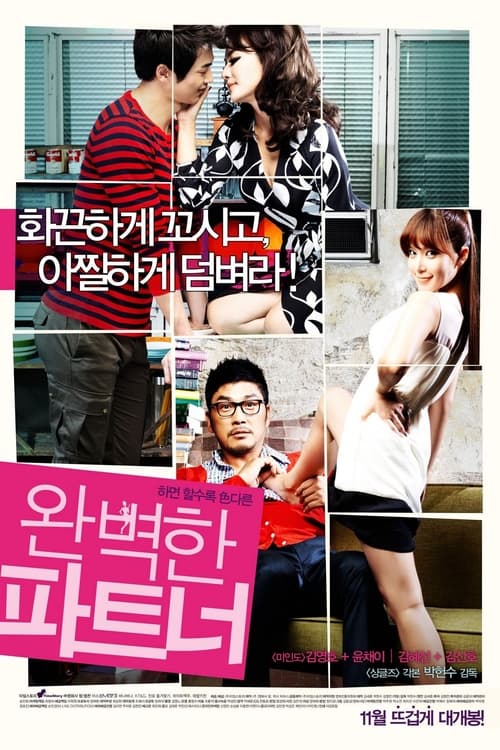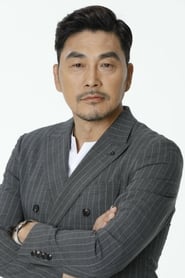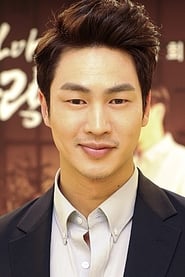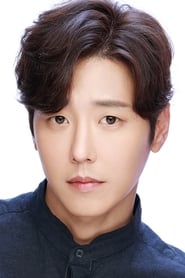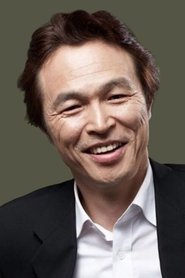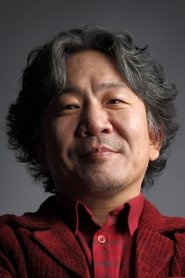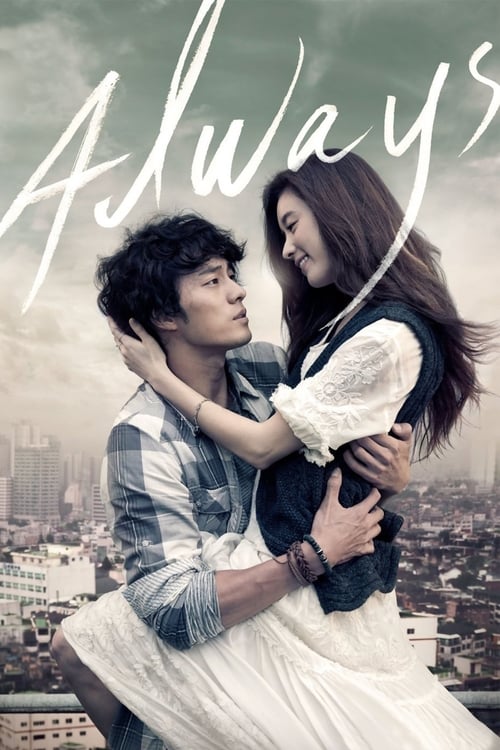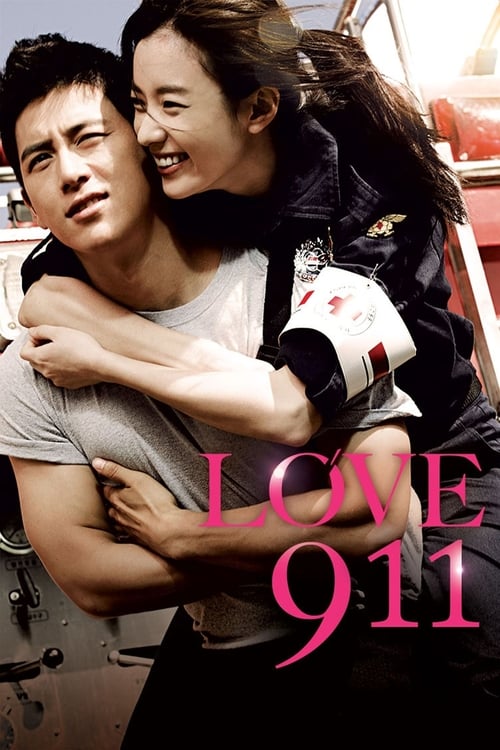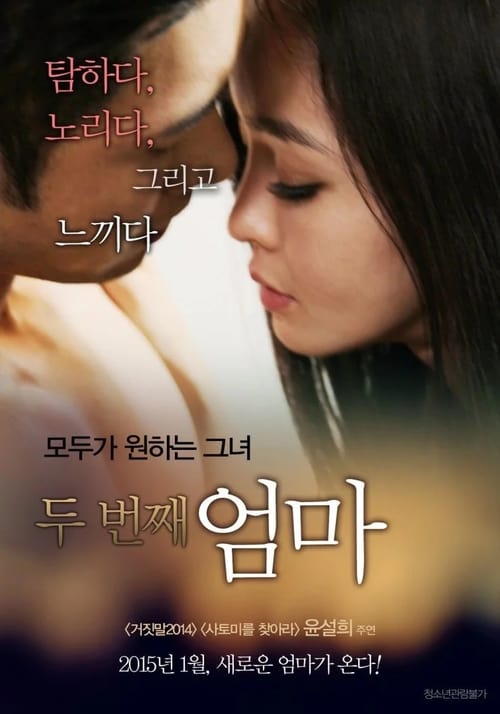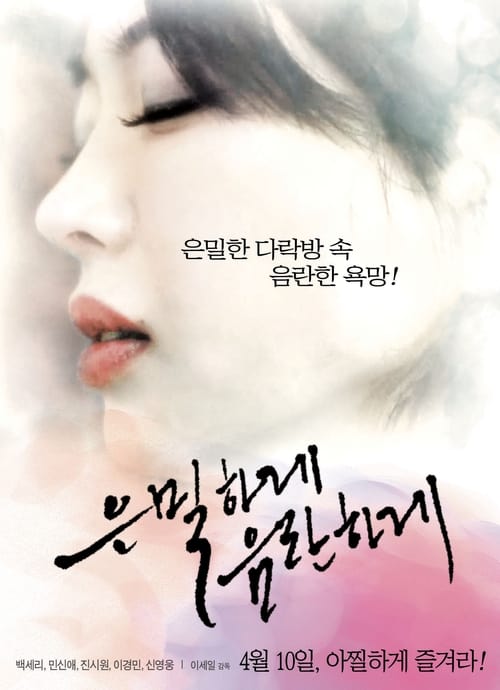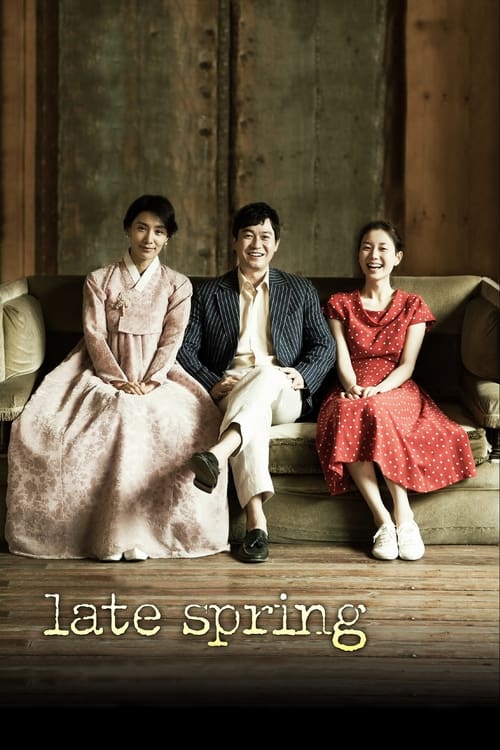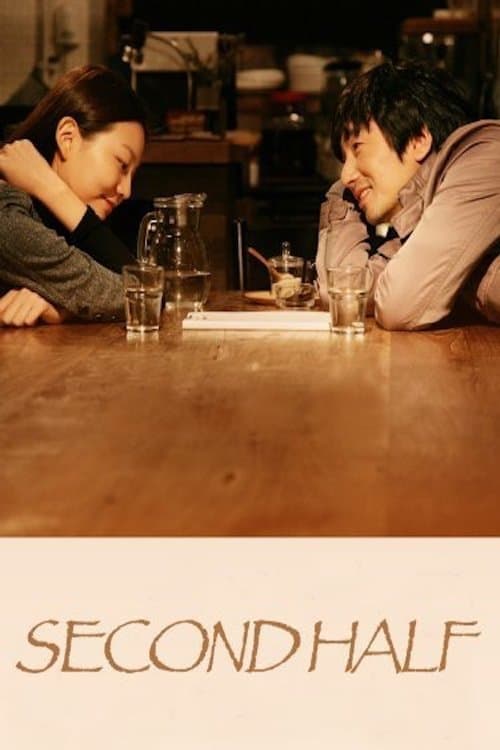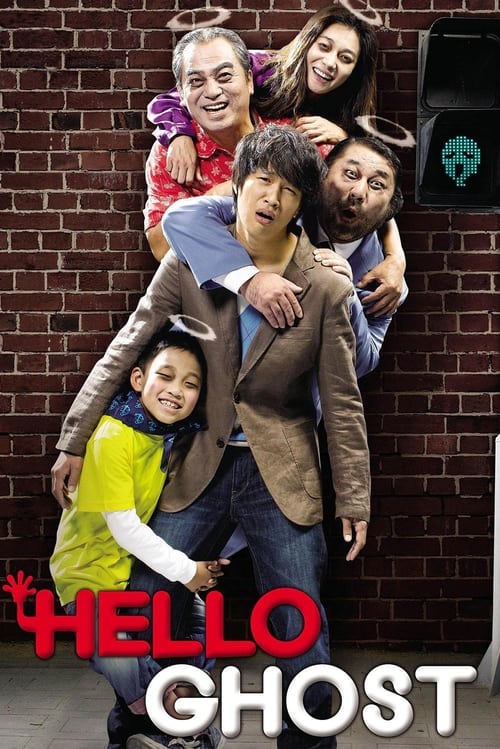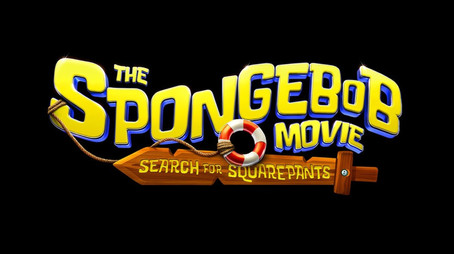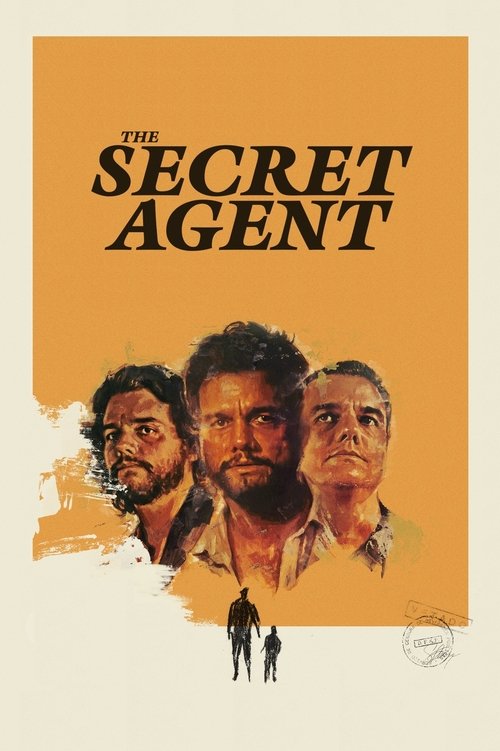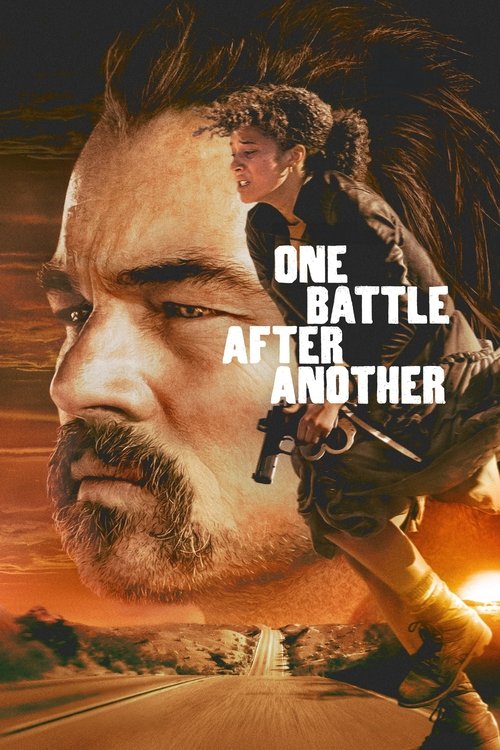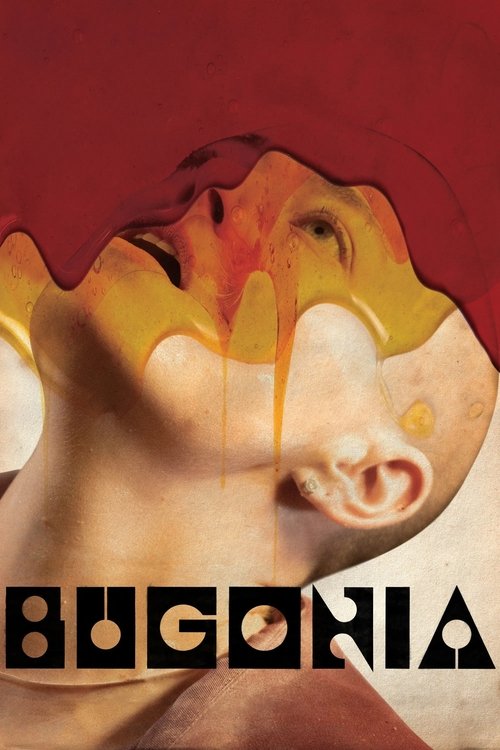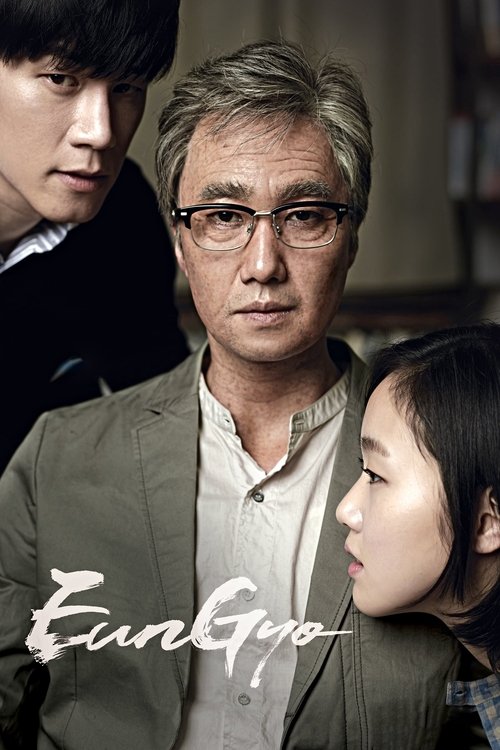
Ask Your Own Question
What is the plot?
The city of Seoul hums with the quiet energy of a new semester, its streets slick with rain, its buildings glowing under the soft haze of streetlights. In a modest apartment tucked away in a residential neighborhood, Joon-suk Kim, a middle-aged screenwriter, sits at his desk, staring at a blank page. The room is dim, the only light coming from a small lamp beside a stack of unfinished manuscripts. He lifts a glass of soju, takes a slow sip, and mutters to himself, "I need inspiration… something real." The silence is heavy, broken only by the ticking of a clock and the occasional rustle of paper. On the desk, half-hidden beneath a pile of notes, is a photograph of a woman--his late wife, whose absence has left a hollow space in his life and in his work.
Across town, in the bustling kitchen of a prestigious culinary school, Hee-sook Park stands at the head of a long table, her eyes sharp as she surveys her students. "Ingenuity is the life of cooking," she says, her voice firm. "Without it, you're just following recipes." The students nod, some scribbling notes, others nervously adjusting their aprons. Hee-sook is respected, even feared, but there's a distance in her eyes, a sense that she's more comfortable with knives and sauces than with people. In the back of the room, Min-soo Kim, Joon-suk's son, watches her intently. He's quiet, observant, and clearly talented, but his hands tremble slightly as he presents his dish. Hee-sook tastes it, her expression unreadable, then says, "Good, but not yet perfect." Min-soo nods, his confidence shaken.
At the university, Joon-suk teaches a screenwriting class. The room is filled with eager students, but one stands out: Yeon-hee Lee, a young woman with a notebook clutched tightly to her chest. "I want to write something that matters," she says, her voice steady but her eyes betraying her nerves. Joon-suk looks at her, something in her determination stirring a faint spark in him. "Then write about what you know," he replies, his voice softer than usual. Yeon-hee smiles, her notebook filling with new ideas.
The days pass, and the parallel lives of these four characters begin to intertwine. Joon-suk, desperate for inspiration, finds himself drawn to Yeon-hee's passion. After class, they meet at a small, dimly lit bar, the kind of place where secrets are whispered over glasses of soju. The jukebox in the corner plays melancholic songs, the music wrapping around them like a shared secret. "I've been stuck for years," Joon-suk admits, swirling his drink. "I don't know how to write about life when I feel like I'm just going through the motions." Yeon-hee leans forward, her eyes bright. "Maybe you need to live a little," she says. "Maybe you need to feel something real."
Meanwhile, Min-soo spends more time in the kitchen, often staying late to practice. Hee-suk notices his dedication, his willingness to try new techniques, and she begins to see something in him that she hasn't seen in years--a spark of true creativity. One evening, after the other students have left, Hee-suk finds Min-soo alone in the kitchen, his hands bandaged from a minor accident. "You're too hard on yourself," she says, her voice softer than usual. "Cooking isn't just about perfection. It's about passion." Min-soo looks up, surprised by her kindness. "I just want to be good enough," he replies. Hee-suk smiles faintly. "You already are."
As the weeks go by, the boundaries between teacher and student begin to blur. Joon-suk and Yeon-hee's meetings at the bar become more frequent, their conversations deeper, their connection stronger. One night, after a particularly emotional exchange, Joon-suk reaches out and takes Yeon-hee's hand. "I never meant to fall for you," he says, his voice thick with emotion. Yeon-hee smiles, her heart racing. "Maybe that's the best kind of inspiration," she replies. Their relationship becomes a secret, a fragile thing that they both know could shatter at any moment.
At the culinary school, Hee-suk and Min-soo's bond grows as well. They spend more time together, not just in the kitchen but in Hee-suk's apartment, where they talk about food, life, and the things that scare them. Hee-suk opens up about her past, about a failed relationship with a fellow chef that left her disillusioned and focused solely on her career. "I thought cooking was the only thing I could control," she confesses, her voice tinged with regret. Min-soo listens, his heart aching for her. "Maybe it's time to let go of the past," he says gently. Hee-suk looks at him, her eyes glistening with unshed tears. "Maybe," she whispers.
But secrets have a way of unraveling. One day, a group of students in Joon-suk's class begin to gossip about his relationship with Yeon-hee. The rumors spread quickly, and soon the entire department is talking. Joon-suk feels the weight of their judgment, the pressure of his position as a teacher. He confronts Yeon-hee in the bar, his voice strained. "I never meant to hurt you," he says, "but I can't keep pretending. This could ruin everything for both of us." Yeon-hee's eyes fill with tears. "You used me for inspiration, didn't you?" she asks, her voice trembling. Joon-suk looks away, unable to answer. The confrontation ends with a temporary breakup, the air between them thick with unspoken words.
At the culinary school, Hee-suk's colleagues begin to suspect her of favoritism toward Min-soo. They question her judgment, her professionalism. Hee-suk confronts Min-soo in her apartment, her voice cold. "I can't risk my career for this," she says, her words cutting deep. Min-soo looks at her, his heart breaking. "I thought you cared about more than just cooking," he replies, his voice barely above a whisper. Hee-suk turns away, unable to face him. The confrontation causes Min-soo to withdraw from the culinary program, his confidence shattered.
Back at home, Joon-suk notices the change in his son. Min-soo is withdrawn, distant, spending most of his time in his room. Joon-suk confronts him, his voice filled with concern. "I know I haven't been the best father," he says, "but I want to understand." Min-soo looks at him, his eyes filled with pain. "You're so focused on your own problems, you don't see mine," he replies. The confrontation leads to a reconciliation between father and son, a moment of honesty that brings them closer than they've been in years.
As the semester draws to a close, Joon-suk finds himself at a crossroads. He returns to his desk, where the photograph of his late wife stares back at him. He opens a drawer and finds an old letter from her, the words faded but still legible. "Inspiration comes from living, not just writing," she wrote. Joon-suk reads the letter over and over, tears streaming down his face. He realizes that his creative block has been tied to his grief, to his inability to move on. He picks up his pen and begins to write, the words flowing from his heart.
At the culinary school, Min-soo decides to face his fears. He returns to the kitchen, determined to prove himself. He presents a new dish to Hee-suk and her colleagues, a dish that combines traditional and modern techniques, a dish that is innovative and heartfelt. Hee-suk tastes it, her eyes widening in surprise. "You've taught me that cooking is about more than just technique," she says, her voice filled with emotion. "It's about passion." She apologizes for her earlier harshness, and Min-soo smiles, his confidence restored.
Meanwhile, Joon-suk finishes his screenplay and dedicates it to his late wife. He reconciles with Yeon-hee, acknowledging her talent and independence. "You've inspired me to write again," he says, his voice filled with gratitude. Yeon-hee smiles, her heart full. "I don't want to be just your student," she replies. "I want to be your equal."
In the final scenes, Joon-suk and Min-soo share a quiet moment at home. Joon-suk reads his completed screenplay aloud, his voice steady and strong. Min-soo listens, a smile playing on his lips. "Maybe I'll write something too," he says, his voice filled with hope. The film ends with both father and son finding inspiration in each other, and the two main couples--Joon-suk and Yeon-hee, Hee-suk and Min-soo--parting ways but carrying the lessons they've learned.
The very last shot is of Joon-suk's desk, where the photograph of his wife is now placed next to his completed manuscript, symbolizing his emotional healing and renewed creativity. The city outside continues to hum, its streets still slick with rain, its buildings glowing under the soft haze of streetlights. Life goes on, and for these characters, there is a sense of closure, of new beginnings, of hope for the future.
What is the ending?
In the ending of "My Secret Partner," the protagonist, a man named David, confronts the truth about his secret partner and the web of deceit that has entangled his life. The climax reveals the true identity of the partner and the motivations behind their actions. Ultimately, David must make a choice that will affect his future and the lives of those around him.
As the film progresses towards its conclusion, David finds himself in a tense confrontation with his secret partner. The atmosphere is thick with suspense as he pieces together the clues that have been laid out throughout the story. The emotional stakes are high, and David's internal struggle is palpable as he grapples with betrayal and trust.
In the final scenes, David's decision leads to a resolution that brings closure to the conflict. The fate of his partner is sealed, and David is left to reflect on the choices he has made. The film ends on a note of ambiguity, leaving the audience to ponder the implications of loyalty and the complexities of human relationships.
Now, let's delve into the ending in a more detailed, chronological narrative.
As the climax of "My Secret Partner" unfolds, David stands in a dimly lit room, the tension palpable in the air. He has just uncovered the truth about his secret partner, a revelation that shakes him to his core. The walls seem to close in around him as he recalls the moments that led him here--the trust he placed in his partner, the shared dreams, and the gradual realization that something was amiss.
In this pivotal scene, David confronts his partner, whose identity is finally revealed. The partner, once a figure of support and camaraderie, now stands before him as a symbol of betrayal. The emotional weight of the confrontation is heavy; David's heart races as he processes the betrayal. He feels a mix of anger, confusion, and a deep sense of loss. The dialogue is charged, each word laced with the pain of broken trust. David demands answers, his voice trembling with a mix of desperation and resolve.
As the conversation unfolds, the motivations behind the partner's actions come to light. The partner explains their choices, revealing a complex web of circumstances that led to their betrayal. David listens, torn between understanding and outrage. The camera captures the flicker of emotions on David's face--hurt, disbelief, and a flicker of empathy. This moment is crucial; it highlights the film's exploration of loyalty and the gray areas of human relationships.
The tension escalates as David grapples with his next move. He knows he must make a choice that will determine not only his fate but also that of his partner. The stakes are high, and the weight of the decision hangs heavily in the air. David's internal conflict is palpable; he reflects on the journey that brought him to this moment, the friendships forged, and the trust that has been shattered.
In the final moments, David makes his choice. The decision is not made lightly; it is a culmination of his experiences, his values, and the lessons learned throughout the film. As he takes a deep breath, the camera zooms in on his face, capturing the resolve in his eyes. The fate of his partner is sealed, and the consequences of their actions come crashing down.
The film concludes with David standing alone, the weight of his decision settling in. The room is silent, a stark contrast to the chaos of emotions that have just unfolded. He reflects on the journey, the friendships lost, and the lessons learned. The final shot lingers on David's face, a mixture of relief and sorrow, as he steps into an uncertain future, leaving the audience to ponder the complexities of trust, betrayal, and the human experience.
In the aftermath, the fate of the main characters is clear. David, having faced the truth, is left to rebuild his life, carrying the scars of betrayal but also the strength of his choices. His partner, now a figure of consequence, faces the repercussions of their actions, a reminder of the fragile nature of trust. The film closes, leaving viewers with a sense of reflection on the intricate dance of relationships and the choices that define us.
Is there a post-credit scene?
In the movie "My Secret Partner," there is no post-credit scene. The film concludes its narrative without any additional scenes or content after the credits roll. The story wraps up with the resolution of the main plot, focusing on the characters' journeys and the emotional arcs they have undergone throughout the film. The absence of a post-credit scene allows the audience to reflect on the themes of trust, betrayal, and the complexities of relationships that have been explored in the story.
What role does the character of Elena play in Marco's journey?
Elena, Marco's love interest, plays a crucial role in his emotional development throughout the film. She serves as a source of support and encouragement, helping Marco to navigate the challenges he faces with his partner. As Marco grapples with feelings of betrayal and confusion, Elena's unwavering belief in his integrity provides him with the strength to confront the truth and make difficult decisions.
What is the main conflict that drives the story in My Secret Partner?
The main conflict in My Secret Partner revolves around the protagonist, a successful businessman named Marco, who becomes embroiled in a web of deceit and betrayal when he discovers that his business partner, who he trusted implicitly, is involved in illegal activities. This revelation forces Marco to navigate a treacherous landscape of lies and manipulation, as he struggles to protect his reputation and his company.
How does Marco's relationship with his partner evolve throughout the film?
Initially, Marco has a strong bond with his partner, viewing him as a confidant and ally in their business endeavors. However, as the plot unfolds and Marco uncovers the truth about his partner's illicit dealings, their relationship deteriorates. Marco's feelings shift from trust and camaraderie to betrayal and anger, culminating in a tense confrontation that highlights the emotional stakes of their partnership.
What are the key moments that reveal the true nature of Marco's partner?
Key moments that reveal the true nature of Marco's partner include a series of suspicious transactions that Marco uncovers, as well as overheard conversations that hint at his partner's duplicity. A pivotal scene occurs when Marco discovers incriminating evidence in his partner's office, leading to a dramatic confrontation that exposes the depth of the betrayal and forces Marco to reassess his trust.
How does the climax of the film impact Marco's character development?
The climax of My Secret Partner is marked by a high-stakes confrontation between Marco and his partner, where the truth is laid bare. This moment is transformative for Marco, as he is forced to confront not only the betrayal but also his own vulnerabilities and the consequences of misplaced trust. The emotional intensity of this scene propels Marco into a new phase of self-awareness, ultimately leading him to reclaim his agency and redefine his values.
Is this family friendly?
"My Secret Partner," produced in 2011, is a romantic drama that explores themes of love, betrayal, and personal growth. While the film does not contain explicit content, there are several elements that may be considered objectionable or upsetting for children or sensitive viewers.
-
Emotional Turmoil: The characters experience significant emotional struggles, including heartbreak and betrayal, which may be intense for younger audiences to process.
-
Conflict and Tension: There are scenes of conflict between characters that may involve raised voices or heated arguments, which could be distressing for some viewers.
-
Themes of Infidelity: The plot revolves around complex relationships, including infidelity, which may not be suitable for younger viewers or those sensitive to themes of betrayal.
-
Personal Loss: Characters deal with loss and disappointment, which could evoke strong emotions and may be upsetting for some.
-
Mature Conversations: There are discussions about relationships and personal choices that may include mature themes, which might not be appropriate for children.
Overall, while the film is not overtly graphic or violent, its emotional depth and mature themes may require parental guidance for younger viewers.

